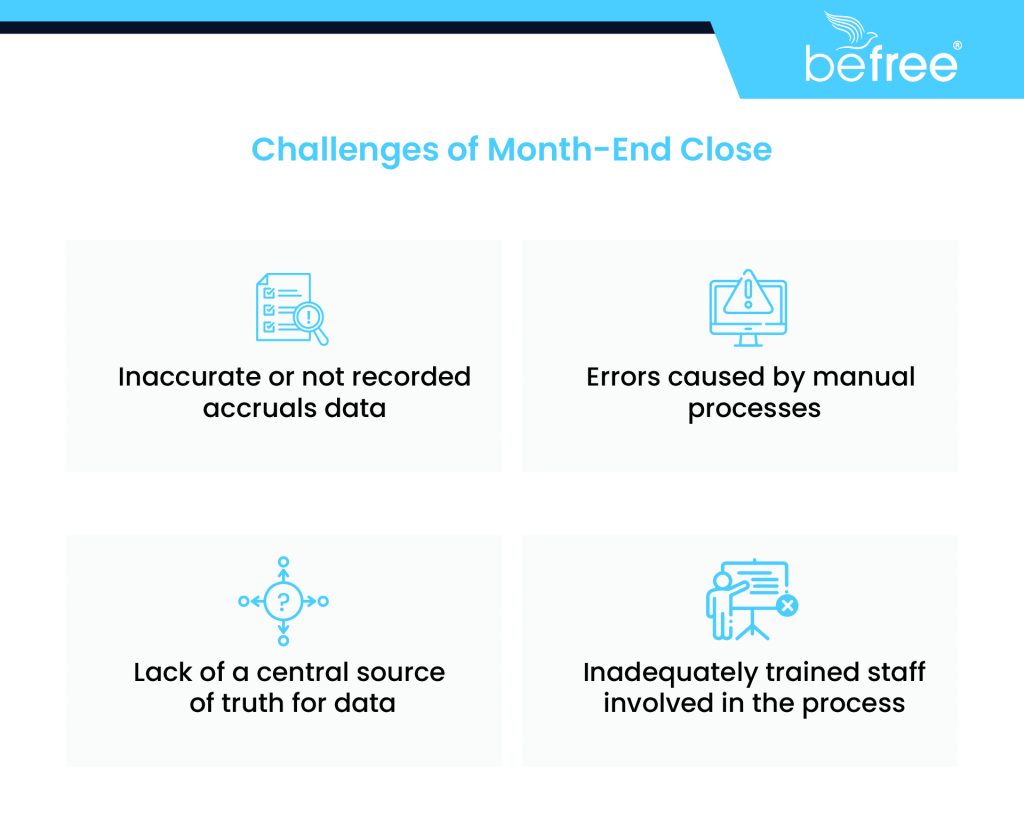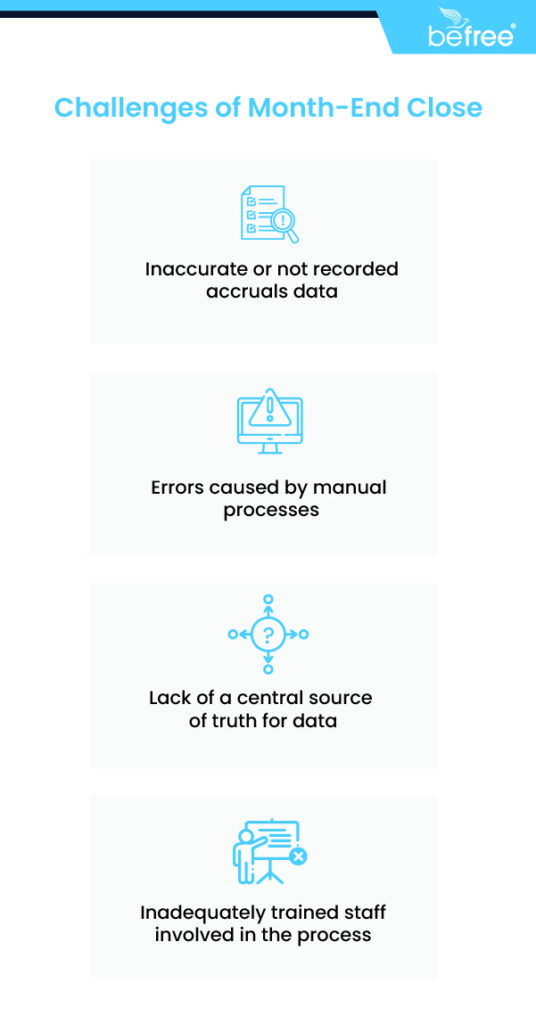The month-end close process is a critical, yet often time-consuming, task for accounting firms. As the calendar turns, firms scramble to reconcile accounts, verify balances, and generate financial reports under tight deadlines. But what if there was a way to ease this burden, streamline the workflow, and free up valuable resources?
In an era where efficiency and accuracy are non-negotiable, more accounting firms are switching to outsourcing accounts as a strategic solution. By partnering with expert bookkeeping services, firms can assign the month-end close accounting to experienced professionals, allowing in-house teams to focus on higher-value tasks. This results in a smoother, faster, and more accurate close process.
Curious about how this works? Let’s understand how outsourcing bookkeeping can transform your month-end close process from a stress-filled race against time into a seamless operation.
The Role of Bookkeeping in the Month-End Close
At the heart of every successful month-end close lies meticulous bookkeeping. This foundational process involves recording daily financial transactions, reconciling accounts, and ensuring that all financial data is accurate and up-to-date. Without precise bookkeeping, the month-end close accounting can quickly become a bottleneck, creating delays and increasing the potential for costly errors.
When bookkeeping tasks are neglected or rushed, even minor discrepancies can lead to larger issues. An unrecorded expense, a misclassified transaction, or a missed reconciliation can result in inaccurate financial statements. These errors don’t just cause headaches – they can also lead to poor decision-making, compliance risks, and a loss of client trust.
Also Read: Tips for Maximising the Value of Outsourced Bookkeeping Services in the UK
Imagine trying to close the books when you’re unsure if all transactions have been recorded correctly. The stress of combing through ledgers to find and fix errors can consume valuable time and resources, pulling your team away from more strategic activities. This can turn the month-end close into a chaotic, time-consuming process that saps your team’s energy and productivity.
This is where the power of outsourcing comes into play. By outsourcing bookkeeping, you ensure that every transaction is captured accurately and promptly. Outsourced bookkeeping teams specialise in maintaining error-free financial records, which means your firm can approach the month-end close with confidence. You’ll have clean, reconciled books that make the final steps of closing—such as preparing financial statements and conducting analyses—far more efficient.
Moreover, outsourcing allows your in-house team to focus on higher-value activities, such as analysing financial data, advising clients, or planning for future growth. Instead of being bogged down by tedious bookkeeping tasks, your team can concentrate on what truly matters—driving your firm forward.
How Outsourcing Integrates Seamlessly with Your Firm's Existing Systems
One of the biggest concerns accounting firms have when considering outsourcing is the fear of disrupting existing workflows. However, modern outsourcing providers have developed systems and processes that integrate seamlessly with your firm’s technology stack. This means that whether you’re using popular accounting software like QuickBooks, Xero, or any other platform, outsourced bookkeeping teams can work within your existing systems without causing any disruptions.
Outsourced bookkeeping services offer flexible solutions tailored to the specific needs of your firm. They can align with your internal processes, using the same software, templates, and reporting formats your team is accustomed to. This eliminates the need for extensive retraining or overhauling your current workflows. The transition can be so smooth that you might hardly notice the change—except for the reduced workload and the improvement in efficiency.


Tips for Ensuring a Smooth Month-End Close Process
- Maintain Good Records: Keep accurate and up-to-date financial records to ensure a smooth and error-free month-end close.
- Establish a Month-End Close Checklist: Create a checklist to ensure all tasks are completed systematically during the close process.
- Reconcile Your Accounts: Regularly reconcile your accounts to catch and correct any discrepancies before finalising your books.
- Automate Your Bookkeeping: Use automation tools to streamline routine bookkeeping tasks and enhance accuracy during the close.
- Have a Closing Date: Set and communicate a firm closing date to keep the month-end close process disciplined and timely. A well-defined closing date helps prioritize tasks, reduces last-minute rushes, and ensures that all necessary adjustments are made in time.
Conclusion
Outsourcing your bookkeeping is a powerful strategy to efficiently handle the month-end close process. This not only alleviates the stress and workload of the in-house team but also enhances the overall quality of the close process. With seamless integration into your existing systems and a focus on precision, outsourcing is the key to a smooth and hassle-free month-end close.
